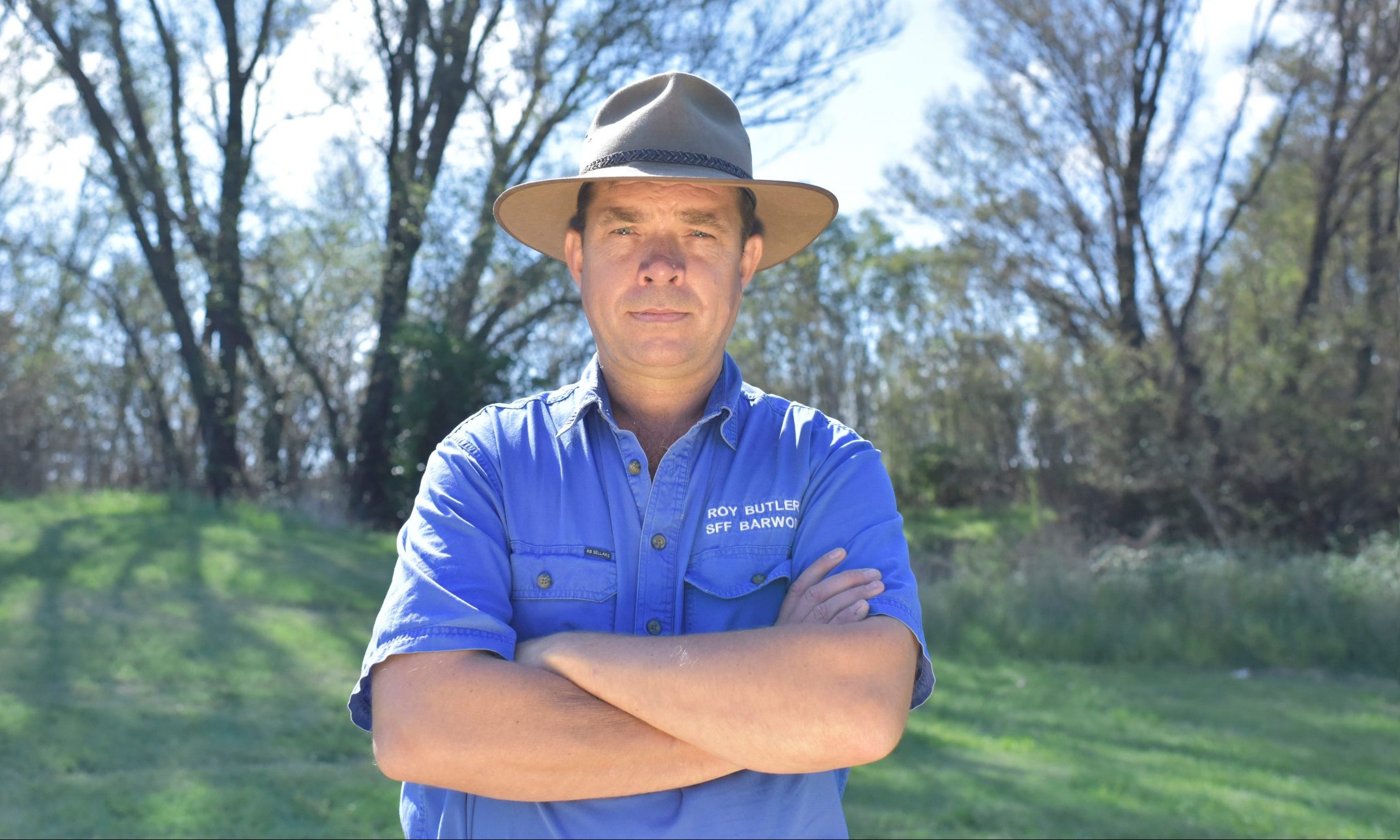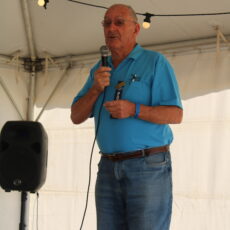As we leave the Christmas break behind, and kids return to school, NSW Parliament also awakes from a dormant couple of months.
My team and I have been anything but dormant over the Christmas and new year period.
Border closures and issues with agriculture workers and cross border students kept us busy the whole time.
I write this from my office in parliament ahead of a two week back-to-back session where I will be taking up the issues you have raised with me.
We are also taking stock of what we have been able to achieve to date and looking at what we will be putting at the top of the list for 2021.
I want to thank everyone who made a submission to the Regional Health Inquiry, I note that many people took up my suggestion of just telling your story.
A great number of the submissions are short personal accounts of their experience.
This is ideal for the committee to understand the lived experience of people in regional NSW when it comes to health.
Please don’t hesitate to get in touch with my team if we can be of assistance.
VALE MRS LILLIANE BRADY OAM, MAYOR OF COBAR
This is not about politics. This about a person, who through her devotion, tenacity and passion touched many other people.
Lilliane’s trademark was no nonsense, straight shooting and at times brutal advocacy.
At the same time Lilliane was incredibly kind and compassionate. It’s a sad time for Cobar and the west to lose such a fantastic representative.
She was a source of advice and wisdom for me, she understood the political system and leveraged that understanding for the betterment of her community.
I have asked the Speaker of the Legislative Assembly to use the first sitting week of Pparliament to acknowledge Lilliane’s work formally – a small tribute to her life’s work.
COPY CAT NATS REBRAND TELEWORK POLICY
As readers of this column would be aware, in May last year I publicly announced my intention to pursue changes to legislation to allow public servants to work remotely in regional NSW, by September I introduced a Regional Teleworking Bill to the NSW Parliament, and in November the NSW Nationals voted it down.
They denied people living in regional NSW the opportunity to take up government jobs in the bush because their own egos wouldn’t allow them to support a bill brought by me.
And now, just last week, the Deputy Premier has taken my bill and slapped some new branding on it presenting it as his own.
I’ve always said I’m not in this for personal glory – I’m in it for positive outcomes for our communities – but the actions from the Deputy Premier have hit an all-time low.
It’s a waste of the parliament’s time, and to me shows that positive changes for regional NSW isn’t the aim of the Nats game.
Despite the politicking around these changes I welcome the opportunities this will bring to for people living in the bush.
Allowing public servants to choose a life in the bush, and allowing people in our communities to apply for jobs that traditionally would have gone to people in the city is a good thing for our communities.
Public servant salaries in our towns will have an enormous economic benefit to the community. This is absolutely a good thing.
UPDATE ON THE REGIONAL HEALTH INQUIRY
The stories that we are seeing emerge from submissions to the health enquiry are emblematic of what we in the bush have known for years – our health system is broken.
Seeing these stories – our stories – come to light in the metropolitan media, and seeing people in Sydney react to the fact that these things are happening in our own backyard is validating.
The real test will be, however, how the NSW government chooses to deal with this damning feedback. So far the responses I have seen from the health agencies on this have fallen flat.
Despite the incredibly personal experiences people have shared through this process the NSW government through the health bureaucrats have seen fit to respond by giving themselves a pat on the back for investing in health infrastructure. Shiny buildings don’t save people’s lives, they don’t ensure our nurses aren’t working themselves to exhaustion, and they don’t make sure we have well-supported doctors in our hospitals.
The NSW health system must address what’s happening with regional health care, they cannot say that the experiences people are sharing are in the minority.
I will not stand by and allow people in regional NSW to be fobbed off when we are talking about matters of life and death.
I have spoken with the chair, deputy chair and members of the committee urging them to not allow this inquiry to be a political football.
We need to see positive and prospective recommendations that change health outcomes for people in regional NSW.
In addition I have written to the committee urging them to refer all individual cases where there has been a failing in care to the Health Care Complaints Commission.
These cases must be independently investigated using the full powers of the HCCC to uncover how these incidences occurred.
The committee is yet to finish uploading the submissions to the parliament website, I have been informed that they have received several hundred and they all must undergo a strict review process before being published.
The first hearing of the inquiry is scheduled for March 19, it will be streamed online so the public may watch.
GOVERNMENT MUST DO MORE TO COMMUNICATE WATER INFORMATION
When hearing about water management it can feel like they’re speaking in a different language – megalitres, gigalitres, licencing, sustainable diversion limits, management zones, long-term average annual extraction limit – are just some of the terms you hear thrown about. Don’t get me started on the acronyms, when they talk of an IGA they’re not talking about the supermarket chain!
When it comes to water, our most precious resource, we all deserve to be able to understand what the bureaucrats are talking about.
I have taken Water NSW, the agency responsible for running our rivers and dams, to task on improving their communications around water management.
The bureaucrats in their office in Parramatta have to take responsibility for keeping the public informed around water – at the moment I’d grade them fairly low at meeting that responsibility.
Water NSW once spoke only to an industry audience, that’s no longer the case, water shortages made everyone sit up and pay attention to water management.
Water NSW has failed to take this into consideration.
If the public is to have any confidence in Water NSW the NSW government must ensure no information is hidden down the back of the couch – or in the case of water management tied up in technical jargon.
To order photos from this page click here







